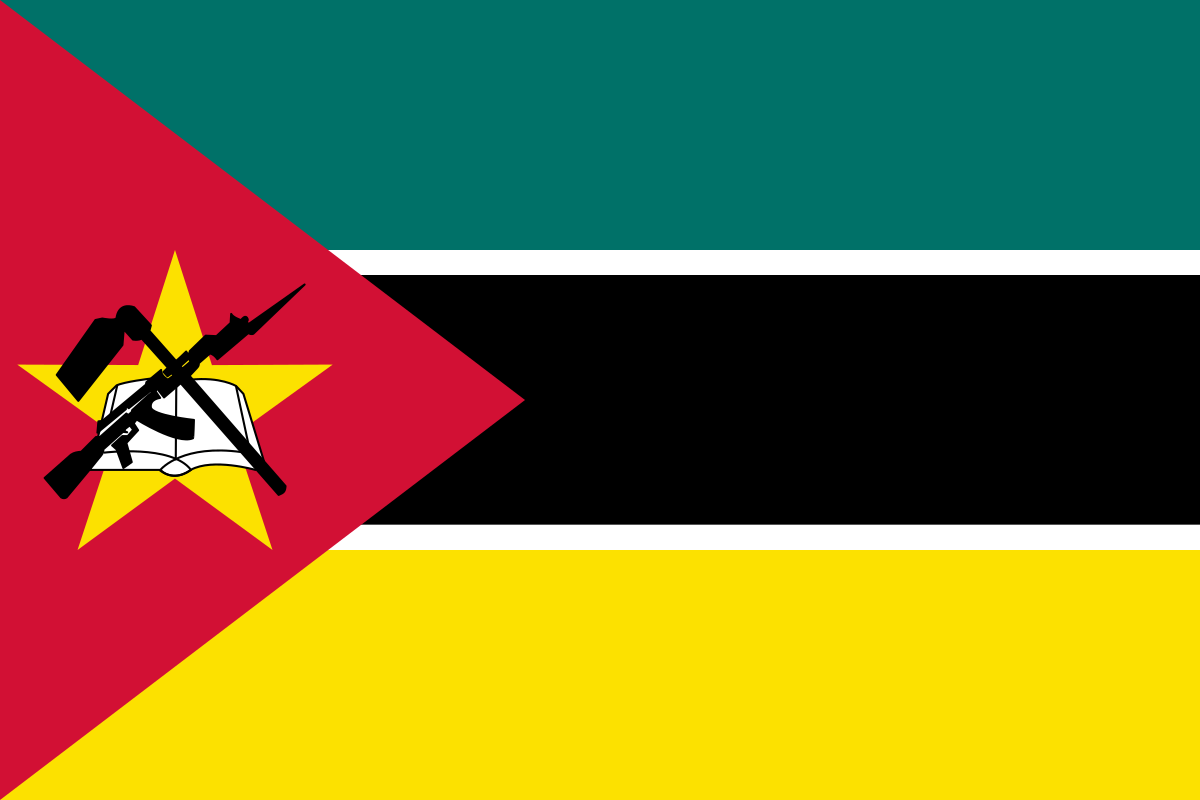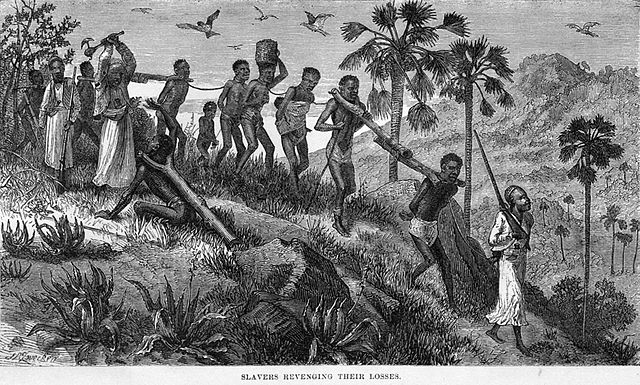About Mozambique
Mozambique is a resource-rich country characterized by colonialism, civil war, corruption and conflict, which despite economic potential still struggles with poverty and instability.
We are looking for members, donors and hands.
Become a part of Boots and Roots


Mozambique: A Brief Portrait
Population: Approximately 31 million (2023)
Size of the country: 801,590 square kilometers
Coastline: Approximately 2,500 kilometers along the Indian Ocean
Climate zones: Tropical climate in the north and along the coast, subtropical climate in the south
Occupation of the population: Primarily agriculture, but also fishing, mining and industry
Geography: River-rich areas, high plateaus and coastal lowlands
Exports: Coal, aluminum, natural gas, shrimp, fish, wood, cashew nuts
Imports: Machinery, equipment, vehicles, fuel, chemicals
GDP per capita: About 490 USD (2023), making the country the 5th poorest in the world.
Average life expectancy: 62 years.
Two out of three Mozambicans are young people under the age of 25. Unemployment among them is sky-high – reportedly 50 percent.
Before the Portuguese came
Before the arrival of the Portuguese in the 15th century, the area that is now Mozambique was inhabited by various Bantu-speaking tribes who engaged in agriculture, fishing and trade. From the 9th century the Swahili coastal culture flourished. City-states along the coast, such as Sofala and Mozambique Island, became key hubs for trade in gold, ivory and slaves, with links to Arabia, India and Persia. Africans and Arabs were responsible for this human trafficking.
In the hands of the Portuguese
Portuguese explorers arrived in Mozambique in the late 15th century, and the country became a Portuguese colony in 1505. The Portuguese established trading posts and forts along the coast, and in the interior they established plantations and mines. The colonial rule was characterized by exploitation and forced labour.
Portugal tightly administered Mozambique, and the country’s resources were used primarily for the benefit of Portugal; one of Europe’s poorest countries. An important income to run the country was the exploitation of the Mozambicans.
Resistance to colonial rule grew over the years, and in 1964 FRELIMO (Frente de Libertação de Moçambique) began an armed struggle for independence.
Frelimo in power from 1975
Mozambique gained independence from Portugal on 25 June 1975 and FRELIMO became the ruling party with Samora Machel as the first president. FRELIMO established a socialist one-party state supported by the Soviet Union, China, Eastern European and Nordic countries. Attempts were made to modernize the country through nationalizations and educational reforms. But the country was quickly plunged into a civil war against RENAMO (Resistência Nacional Moçambicana), a rebel movement supported by the apartheid regime in South Africa and conservative forces in Rhodesia (now Zimbabwe). The two countries that built their rule on apartheid and racism would prevent a socialist country from succeeding and thus being able to support the freedom movements, the ANC and Zanu/Zapu respectively.
How it went
After the civil war ended in 1992, a new constitution was introduced in 1990 and the first free elections were held in 1994. Since then, FRELIMO has maintained power. In 2000, the deadly Cyclone Eline hit the country, causing widespread destruction and loss of life. In 2004, Armando Guebuza was elected president and his administration focused on economic growth and fighting corruption. In 2010, Mozambique was hit by Cyclone Favio, which also caused serious damage.
In 2013, the conflicts between FRELIMO and RENAMO flared up again, but a peace agreement was signed in 2019. In 2015, Filipe Nyusi became president, and under his leadership, significant investments were made in natural gas projects in the Rovuma basin in the far north of the country. A promised economic growth did not materialize when the so-called “tuna scandal” revealed massive corruption involving members of the government. To the north, the population is predominantly Muslim. Many have allowed themselves to be radicalized in frustration that the enormous gas deposits have not, as promised, had an effect on the low standard of living, on the contrary. Since 2017, there has been regular war led by Islamist rebel groups in the northern province of Cabo Delgado.
In 2019, Cyclones Idai and Kenneth hit the country, resulting in widespread destruction and humanitarian crises. Despite the challenges, Mozambique has experienced economic growth, primarily driven by natural gas and mineral extraction. Most recently, the country’s handling of the COVID-19 pandemic and continued conflicts in the north have been key focus areas for the government.